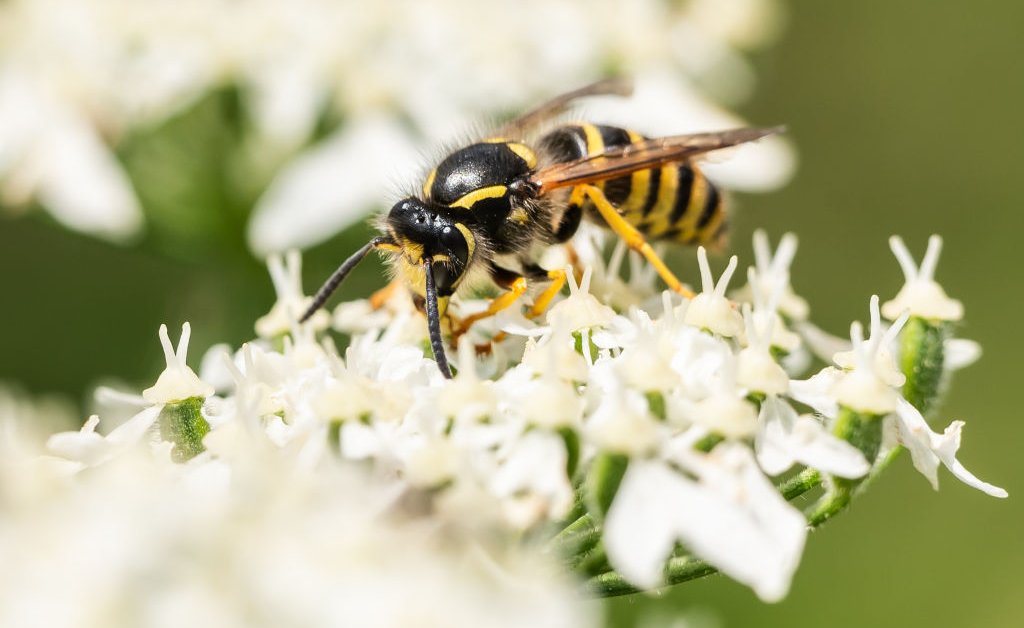Climate Change's Unseen Victims: How Summer Insects Are Feeling the Heat
The scorching summers we're experiencing aren't just uncomfortable for humans; they're having a devastating impact on the insect world, particularly those species that thrive in warmer months. Climate change is altering insect life cycles, habitats, and even their very survival, with potentially far-reaching consequences for our ecosystems.
Shifting Seasons and Disrupted Life Cycles
One of the most significant impacts of climate change on summer insects is the alteration of their life cycles. Warmer springs are causing some species to emerge earlier, while hotter summers are shortening their breeding seasons. This mismatch can disrupt the delicate balance of predator-prey relationships, leading to population declines. For example, if a butterfly emerges before its host plant has fully developed, the caterpillars will starve, impacting the entire population.
- Earlier emergence: Many insects are emerging from hibernation or pupation earlier than usual due to milder winters and warmer springs.
- Shorter breeding seasons: Intense heat waves can shorten the window for reproduction, reducing the overall number of offspring.
- Asynchrony in life cycles: The timing of insect life cycles is becoming mismatched with the availability of food sources and the emergence of predators.
Habitat Loss and Fragmentation
Climate change isn't just affecting the timing of insect life cycles; it's also altering their habitats. Rising sea levels, increased wildfires, and changes in precipitation patterns are leading to habitat loss and fragmentation. This leaves insects with less space to live, feed, and reproduce, putting further pressure on already vulnerable populations.
- Increased wildfire frequency: Wildfires destroy insect habitats, leaving behind barren landscapes unsuitable for many species.
- Changes in precipitation patterns: Droughts and floods can dramatically alter the availability of water and suitable breeding grounds.
- Habitat fragmentation: The destruction of continuous habitats creates isolated pockets, making it harder for insects to find mates and disperse.
The Impact on Biodiversity and Ecosystems
The decline of summer insects has profound implications for the health of our ecosystems. Insects play crucial roles as pollinators, decomposers, and food sources for other animals. Their disappearance can trigger a cascade effect, impacting plant reproduction, nutrient cycling, and the food web as a whole.
- Reduced pollination: Declines in bee and other pollinator populations threaten crop yields and the reproduction of wild plants.
- Disrupted food webs: The loss of insects as a food source can have cascading effects on birds, amphibians, and other animals that rely on them for sustenance.
- Decreased biodiversity: The overall loss of insect diversity reduces the resilience of ecosystems to environmental changes.
What Can We Do?
Addressing the impact of climate change on summer insects requires a multifaceted approach. Individual actions, such as reducing our carbon footprint and supporting sustainable agriculture, are crucial. However, we also need larger-scale initiatives, including:
- Protecting and restoring insect habitats: Creating and maintaining diverse habitats is essential for insect survival.
- Reducing pesticide use: Pesticides can harm beneficial insects and further weaken already stressed populations.
- Supporting research on climate change impacts: Continued research is essential to understanding the specific effects of climate change on different insect species and developing effective conservation strategies.
The decline of summer insects is a serious issue with far-reaching consequences. By understanding the challenges these vital creatures face and taking proactive steps to mitigate the impact of climate change, we can help protect biodiversity and the health of our planet for future generations. Let's work together to ensure a buzzing future for our summer insects.
Keywords: Climate change, summer insects, biodiversity, habitat loss, pollination, insect decline, environmental impact, ecosystem health, conservation, sustainable agriculture, climate change effects on insects.

